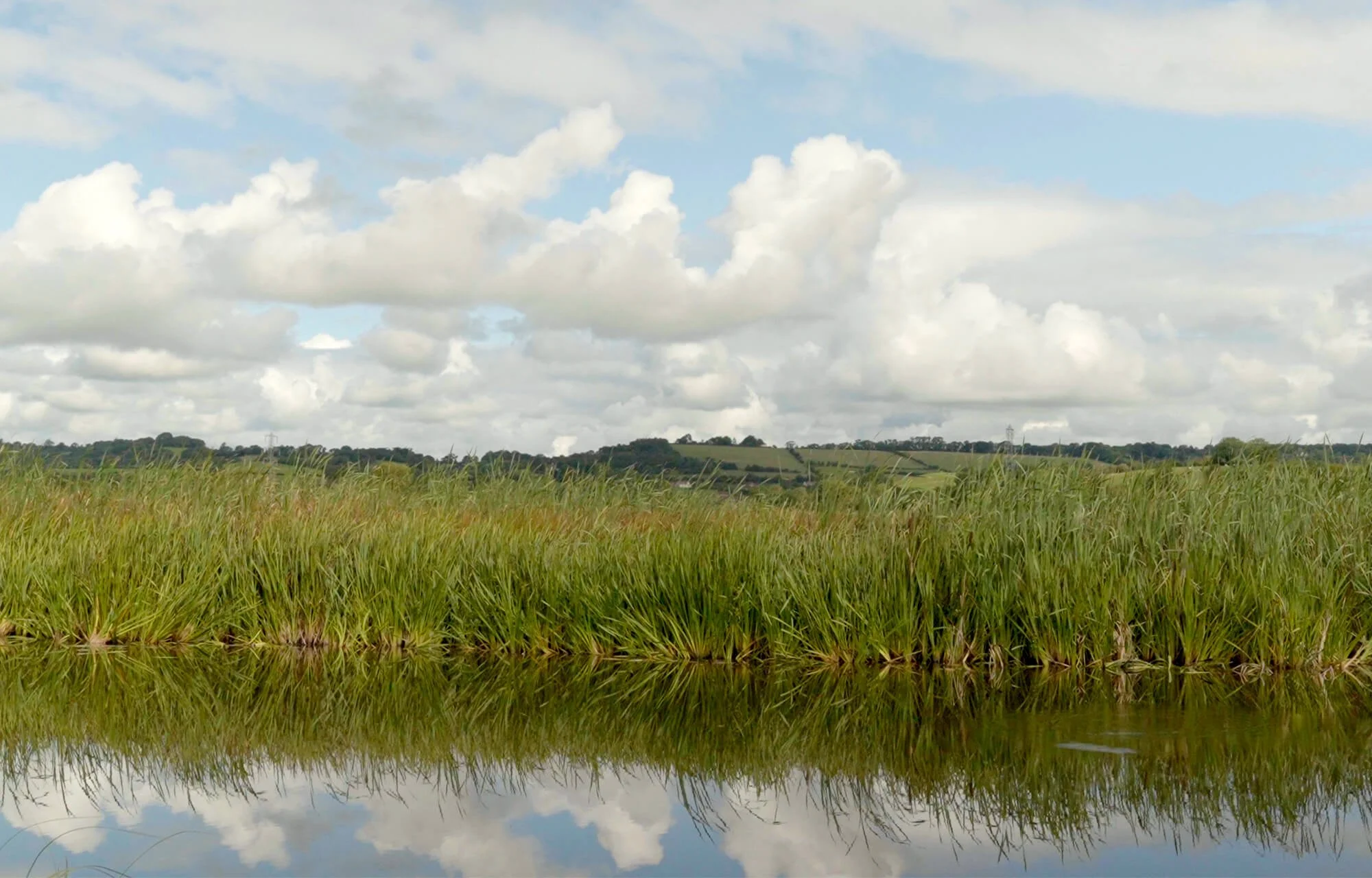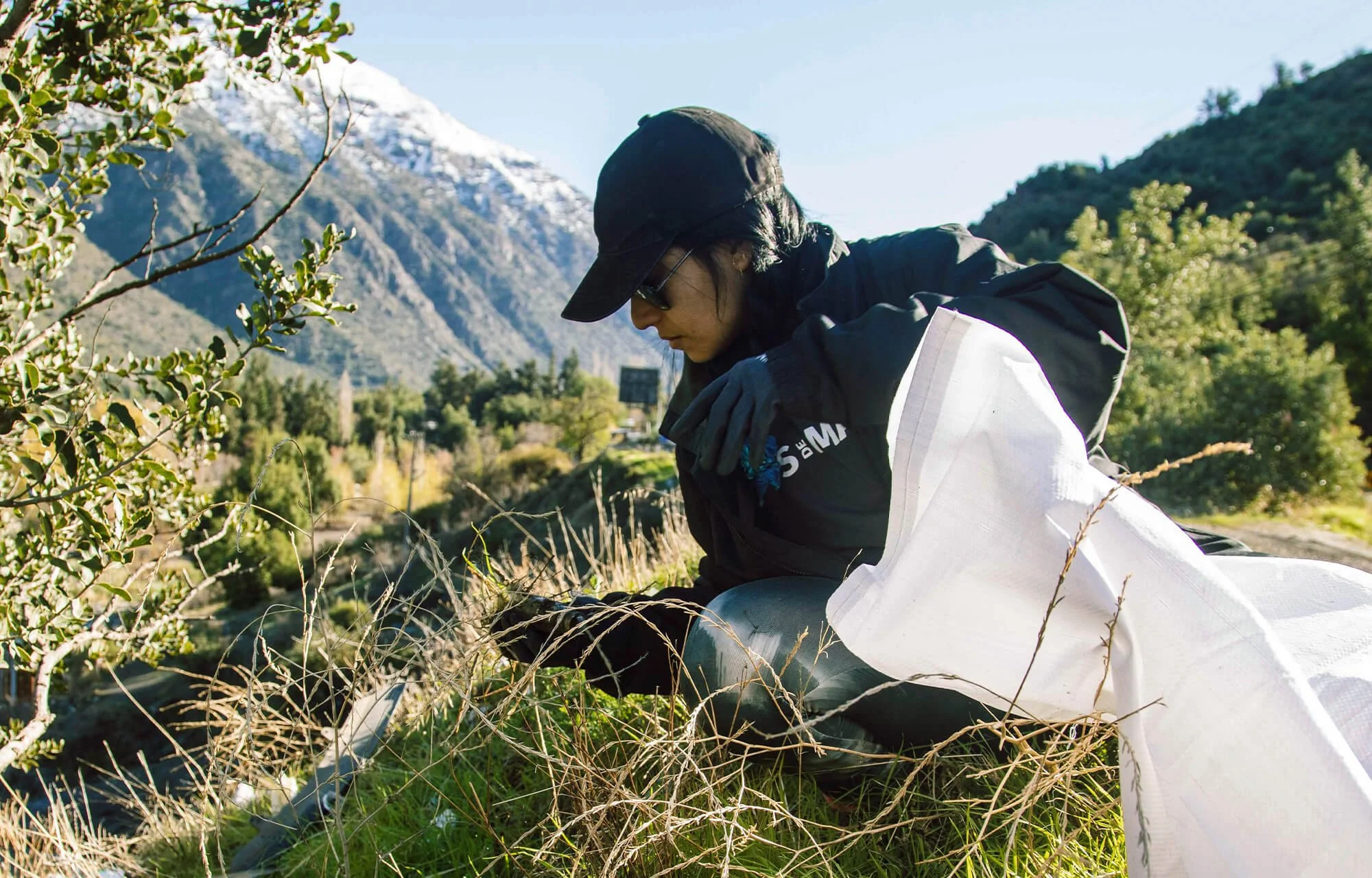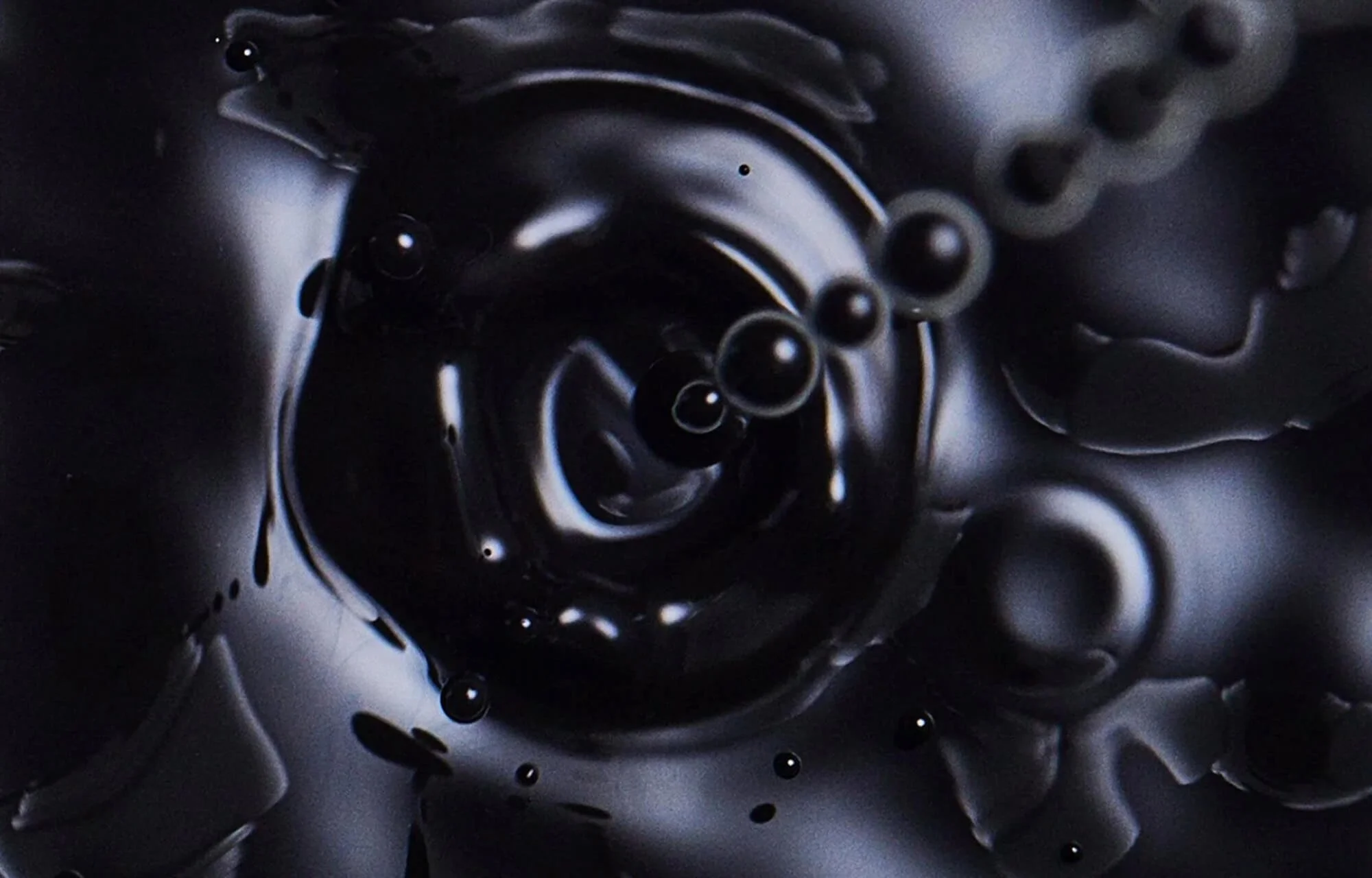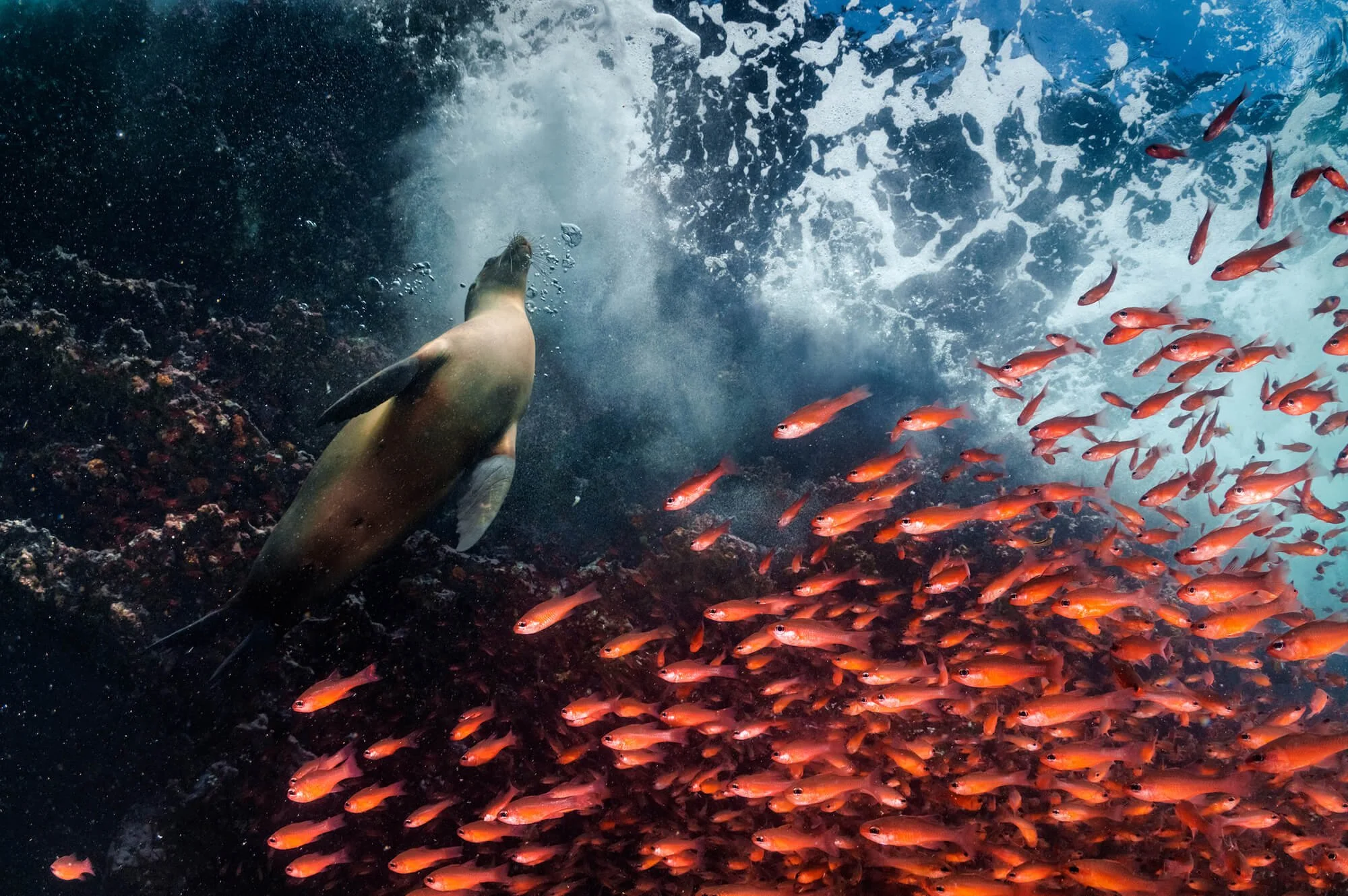A Surfboard of 10,000 Cigarette Butts
Photo by Hannah Yamamoto
Taylor Lane designed a surfboard from the most common form of beach litter. That's just the beginning.
Smoking cigarettes is harmful to your health. You already knew that. In the United States, smoking tobacco is responsible for more than 480,000 deaths every year, or roughly one in five. Still, it remains a popular vice. We don’t bring it up now to pass judgement or preach. What we aim to call into question, however, is the impact of this habit on the habitats that allow for our survival. Where do all the cigarettes go to die? They don't die. They roll towards the oceans.
Sift through the sand on any beach in the world and chances are you’ll uncover the sad, soggy remains of stubbed out cigarettes. These chemical and microplastic-filled discards are the number one most common find reported in cleanups across the globe every year. If that’s surprising to you, take a walk down a city street and look down; evidently it is still normal behavior to punctuate the end of a smoke break with a flick of the butt onto the sidewalk. Some people like to place their butts directly into storm drains—the gateways to sewer labyrinths that often lead to the sea.
It's a fair assumption that no one within your social circle would deliberately exhale secondhand smoke into a baby stroller or throw rubbish out on the street in plain sight. So why is it still somewhat ‘normal’ to casually cast off the zombies of cigarettes into the global commons? Why are we still blind to this ubiquitous and toxic form of litter?
Industrial designer and Parley AIR Pledger Taylor Lane confronted the problem by co-creating a surfboard from 10,000 cigarette butts collected from California beaches. Now he and filmmaker Ben Judkins are taking the award-winning project on the road to film a documentary in hopes of creating wider change. We asked Taylor some questions. He answered them. Keep reading.
"1 Board. 10,000 Butts. 17 Pounds. 1 Powerful Statement About the Health of our Oceans."
Who are you and what do you 'do'?
My name is Taylor Lane and I am a recent graduate of San José State University’s Industrial Design program. By trade, we use the creative process to come up with or solve problems around products, systems, and the human experience of things. It is the world of consumer products that we design and make. We are not engineers nor artists, but we use those professions to push, inspire and formulate our ideas. We are sort of like architects. We create ideas that involve human interaction with our design decisions, and then prototype them and bring them into reality. At the root of it, we are problem seekers that are driven to find solutions to make the relationship between objects and systems better in our lives.
When did you realize the extent of our pollution issues? Was there a moment that changed the way you see things?
Growing up in Los Angeles, I was fortunate to be around the ocean and the mountains, and was captivated by the beauty of nature and the outdoors. At the same time, life in the big city showed me the creativity of constant human collaboration and imagination. In a lot of ways, it was a juxtaposing upbringing. In a mega-city where litter is ubiquitous, there was no particular moment when I realized that pollution was a problem because it was all around me. I am ashamed to admit that in my punkish teenage days, I used to occasionally litter...so I've been part of the problem.
My perspective began to shift when I started learning in school more about our environment and the pollution stemming from energy production. It made me realize that everything has an action and reaction, a cause and effect. Though I am merely a raindrop in a river, my impact on resources and the waste I generate from just living means my life does have an effect on the environment. Making that connection and becoming more conscious about what I consume was my first step in developing a new outlook on my footprint, and even an opportunity to influence the world around me.
Why the oceans? What does the sea mean to you personally?
The ocean provides a lot more for us than we think. Incredibly, 70% of the oxygen that we breathe comes from the ocean. It’s shocking to realize that we know more about space than we do our oceans. It also provides countless economic benefits: from the food we eat, to the transportation of goods, the support for local economies, and travel destinations and recreation. The ocean also absorbs a huge amount of carbon dioxide and converts it to oxygen, and has extraordinary biodiversity that keeps everything in balance. It is one of our most fundamental resources for life on this planet, yet we mostly treat it like crap.
Since a young age, the ocean has played an important part in my life and it is one of the most humbling places I can go. It’s a place of constant knowledge and applied learnings, helping me to find what it means to live in the moment. When you’re in the ocean, you are at the mercy of it. So much is out of your control other than deciding how to react to what it gives you, which can relate to life in a lot of ways. It is one of the places where I can gain a larger perspective towards understanding what it means to be human and fortunate. As a surfer, the ocean, and the sport has taught me to be a more respectful and committed individual in whatever path I choose to follow, both in and out of the water.
"There is a lot of work to be done, but a whole new generation cares about their future and is open to finding a new way of doing things. We have to continue to take action and inspire others—especially young people. If we demand change, it will come."
It's not yet outrageous or taboo to flick cigarette butts on the ground, which is absurd when you think about the chemicals in cigarettes and how easily they reach the oceans. How do you think we can change that mentality?
It’s absurd, isn’t it? If you saw someone toss a water bottle on the ground you might be like, “yo dude…” But somehow, we accept the flick of the butt. Not only are the cigarette filters made from plastic, but 5.7 trillion butts were cast off as litter in 2015 alone. On top of that, 80% of these butts make it into our waterways and pollute the ocean with toxins and plastics. Flicking cigarette butts is so embedded into our culture. Think of movies, writing, music. The flick of the butt is a cut to the next scene. In a lot of ways, the flicking mentality is a metaphor for how we currently treat our planet. We are not giving much regard to the future environmental consequences from our present actions.
Littering might be considered a conscious act of disregard for our environment, but unconsciously disposing of waste is actually the larger problem. We often think that once we have disposed of trash it no longer exists, yet that’s not the reality. It has to go somewhere. The Cigarette Surfboard communicates this notion to the larger public and surf community to show the lasting impact of waste.
To change our mentality, we must ask, do we care enough to change the course of our own actions to save ourselves? Our parents did not have to worry about whether they would have a planet to raise their kids on. Yet my generation is pondering this question. There is a lot of work to be done, but a whole new generation cares about their future and is open to finding a new way of doing things. We have to continue to take action and inspire others—especially young people. If we demand change, it will come.
Even when you know what's going on, it can be tough to shift habits as an individual consumer. Why do you think society is so slow in responding to the threats? Or are we?
Consumerism is at the heart of the problem. We are constantly bombarded about who we should be and what we need from a very materialistic perspective. “If you have this in your life, you will be better off”. Or, “if you have this, you’ll attract more attention.” In a lot of ways, consumerism distracts us from understanding ourselves, and keeps us comparing ourselves to others rather than finding out more about who we are as individuals. Consumerism is an awesome tool for business and profit, because it keeps us buying. But all that consumption has a tremendous cost to our natural resources, global carbon footprint, and waste disposal.
It is ultimately about finding a balance, and asking yourself, do I want this or really need this? As a consumer, there are decisions I can make on a daily basis that reduce my own waste—from rejecting the use of single use items, reducing my water and energy consumption, choosing where and what to eat, as well as not wasting food. Though the problems of the future are much broader and more complex, being cognizant of your impact is an important place to start.
One reason we are slow to respond to threats is because we don’t like things that make us feel uncomfortable, even if the danger we face is right in front of us. But I think when we see solutions in the wake of a problem, we feel more comfortable dealing with the dangers ahead. We tend to turn away from problems when we feel overwhelmed and helpless. However, when we are shown positive solutions and find a way to incentivize people’s actions, perhaps we feel more motivated to be part of that change.
Photo by Hannah Yamamoto
"Collaboration can have a snowball effect; once one person finds a breakthrough, it can shift the perspective of an entire team and generate ideas or solutions that we would have never thought of in the first place. Therefore, working together is the greatest tool we have."
How did the cigarette surfboard come to be?
The board began as a project for an international competition held by the surf company, Vissla in collaboration with The Surfrider Foundation. The “Creators Contest” pushes people to create an article of surf-craft out of upcycled materials over the summer months—“converting waste into want”. My good friend and fellow filmmaker, Ben Judkins, hit on the idea that cigarette butts are a pretty common trash item found on the street and on beaches, and they could potentially be upcycled and transformed into a surfboard. At first, I thought this would be a bit ridiculous and doubted the practicality of the idea. However, it resonated with me… cigarette butts are everywhere and pose a toxic threat to the ocean, where so many of them end up because they get washed into storm drains and out to sea. So, I began doing some prototyping and spoke with some surfboard shapers in Santa Cruz, like Ward Coffey, Travis Reynolds and Tyler Hopkins. The prototypes proved successful, so we worked with Surfrider Foundation and Save Our Shores to collect over 10,000 cigarette butts to use in the surfboard, all collected from volunteer beach clean ups in Northern California. We spent the summer building the surfboard, submitted a couple of videos to Vissla, and won the contest! The rest is history…
What's the goal of the documentary?
Our film is about a journey of finding and sharing people's creative solutions to ocean pollution and highlighting the responsibility of the international surf community to improve the stewardship of our oceans. We are not spokespeople for either of these, but my curiosity on these subjects from the perspective of a designer will allow us to cross the paths of other influential people and creative minds that are working to fight for a cleaner ocean. As a surfer, I am compelled to learn and understand the history of surf culture’s fundamental principles to help preserve its core message for those unfamiliar or curious about the sport.
Ben and I will follow a mutual path of discovery and exploration to find individuals, organizations and communities that are achieving real solutions to combat our global ocean pollution problem. We will ask deeper questions about what inspired these actions and what other people can do to help. Through our travels, we will connect with internationally acclaimed surfers to ride an array of different cigarette surfboards, helping us understand more about the sport and its inextricable link to respecting our oceans. All of this will be articulated through film in an insightful, culturally relevant and inspirational fashion. We recently launched an Indiegogo to get some initial funding for our film. (The campaign has since ended, successfully). You can learn more in the video below and at thecigarettesurfboard.com.
How do you understand the importance of collaboration in solving today's biggest threats?
Very few good ideas can become great by going at it alone. Collaboration is the spark that ignites a greater solution to something you can no longer solve by yourself. Other perspectives and filters are critical to creativity and innovation. I have learned that if you are passionate about your idea and you believe it can work, other people often want to help. Think about getting humans to space, and embarking on flight. These were enormous tasks that depended upon asking hard questions and getting people’s best thinking.
Collaboration can have a snowball effect; once one person finds a breakthrough, it can shift the perspective of an entire team and generate ideas or solutions that we would have never thought of in the first place. Therefore, working together is the greatest tool we have. The same applies to how we must solve issues in the future. We will have to be creative in finding ways to live with our planet, rather than just “doing to” our planet. After all, this is the only place we have to live, and that alone is enough of a reason we should collaborate to save it.
Photo by Hannah Yamamoto
What do you think is the most valuable solutions ingredient?
Learning to embrace failure is a fundamental part of finding solutions. When we try something that does not work out as we had anticipated, we find out a lot more than if we had just done it right the first time. The more we begin to look at failure as a tool for success, the more comfortable we will become dealing with the problems we face ahead. The act of failing can help us calculate the outcomes of problems more rapidly and effectively. In the words of Thomas Edison, “I have found 10,000 ways to not make a lightbulb.”
If you were a sea creature (other than human), you'd be a ___________.
Dolphin, hands down.
Learn more about the project at www.thecigarettesurfboard.com, and head here to see the "The Creators & Innovators Contest" that inspired it. Follow Taylor's story on his website and @tlanemayne
Interview by Mary Grygiel
@parley.tv || @parleyforoceans
#ParleyAIR




















